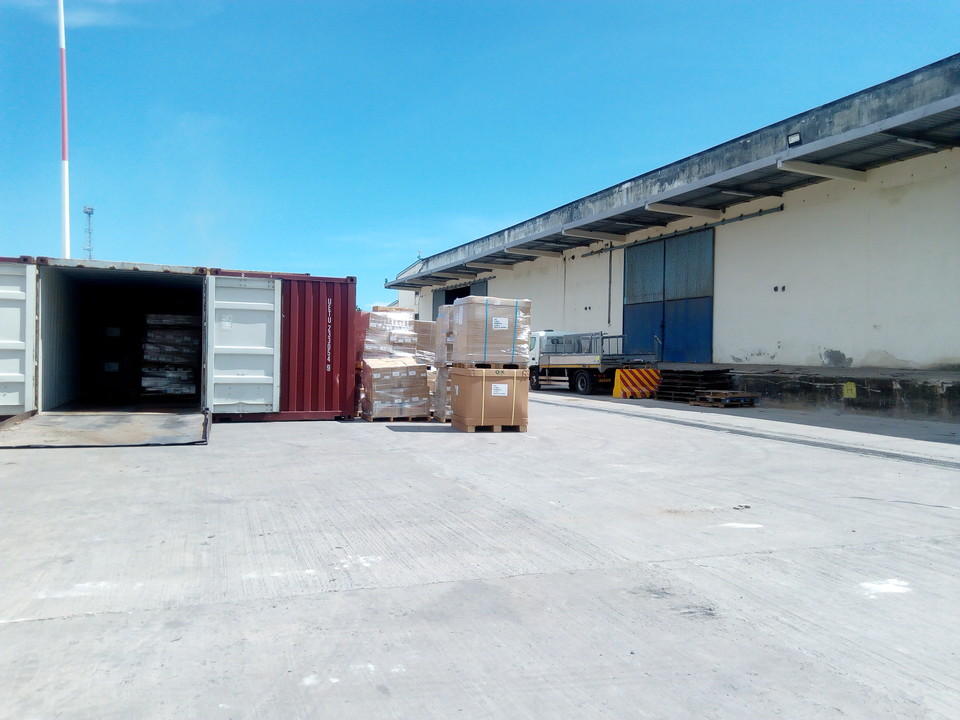
The role of 3PL in last mile delivery logistics management.
Logistics and Supply chain industry has been the driver of the global trade for many years. The inception of the use of the Internet has been making the industry very complex. The introduction of e-commerce has been viewed from different perspectives by different major key players of the global trade. The essence of e-commerce technology was basically to support common business processes through expansion of the product market, bridging the gap between the seller and the buyer without being limited by the geographical location and the need to reduce the cost of doing business throughout the Supply chain.
Since the introduction of e-commerce, a lot of transformation has been taking place in different demographics and this has been as a result of new business dynamics. The new move brought a lot of tension within logistics and supply chain key players in service provision especially the third party logistics companies.
The entire industry of 3pls had a perception that the e-commerce was to be a substitution which was to deprive them of their business and leave them with no role to play as far as the logistics and Supply chain management is concerned. This trend has caused many 3pls companies to exert relentless efforts to try as much as possible to invest in new technologies which will enable them to compete at a global level. The industry has been occupied with a lot of competition from both small and conglomerate 3pls companies all of them craving for market share in the industry.
The e-commerce wave seemed to leave logistics firms with a very minimal role to play nevertheless the truth of the matter is that there are a lot of unlocked potential business opportunities yet to be identified as a result of online buying and selling. There are a lot of issues emerging as a result of e-commerce which needs 3pl full intervention.
The demand for products online has increased in this 21st Century as compared to the previous years. Customers need their shipment to take fewer days and delivered to their doorstep. This has triggered the need for logistics companies to highly invest in advanced information technology in order to meet the drastically growing demand for e-commerce business this will fill in the time gap between global manufacturing firms and customers for an effective and efficient demand and supply.
Despite the use of drones to deliver parcels by Amazon and Alibaba, there is still a need to have distribution hubs for the final dispatch of shipments to their respective destinations depending on location and type of commodity. Marking and labeling is also part and parcel of last mile delivery management hustles. For these firms to minimize the overall last mile distribution cost, there is a need to have 3PL in place.
The 3pl companies are expected to ensure transparency, increase efficiency and make delivery seamlessly despite the terrain of the final leg. The main objective of any supply chain management company is to reduce cost which associated with upstream and downstream . The third-party logistics firms seem to provide services more efficiently and less expensively than companies which have in-house logistics services.
Third-party logistics provides very fundamental services to e-commerce companies. E-Commerce has given rise to a unique demand for logistics services as a result of the need to fulfill the last mile delivery management requirements. The complexity of the supply chain seems to give birth to new demand for 3pl services by e-commerce companies.
For the last mile delivery to be achieved the e-commerce companies have not to trouble themselves but instead, they should let the 3PLS shoulder their burden of:
- Freight distribution
- Freight consolidation
- Product repackaging
- Route and networking
- Product returns management.
Product return management.
The role of the 3PLS in e-commerce product return management is not only enforcement of the return management process but also giving a lot of insight into why the product is coming back. This is because many e-commerce COMPANIES has been struggling to reduce e-commerce products returns by putting in place more restrictive return policies which are driving away customers to look for the alternative e-commerce company. These practices don’t sound well as far as customer-concentric is concerned. Remember with the middle of the current competition to lose one sale it’s a blow to the company no matter the size or worthiness. This is because every company supplies goods is trying to find its way to fully become e-commerce based.
Therefore instead of e-commerce companies struggling to invest heavily in last mile delivery management. The 3PLS will ensure more visibility into returns and also make e-commerce companies gain more returns on customer behavior and demand for their products.
Distribution of freight to consumer doorstep.
There is a lot to be done after the shipment cross over to any customs border. The shipments are subject to customs control to ensure appropriate duties and taxes are collected and shipment is inspected to confirm whether they comply with the standards of that particular state or country. This customs clearance process takes time. Also note that after customs clearance goods are transported to e-commerce company regional distribution hubs to have the shipment re- consolidated, packed, packaged and labeled depending on different destinations customers.
Theses hustles increases the overall cost of logistics to the e-commerce company. If decides use in house logistics to invest in different logistics functions and it will be very costly and capital intensive.
If all these logistics functions will be handed over to the third party logistics company within that country the companies will use less revenue and also meet customer satisfaction.